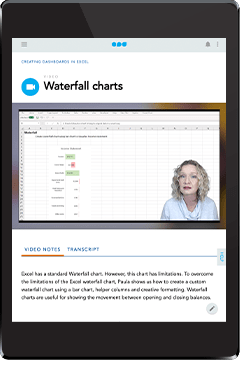Try a free course now
Want to see if our CPD works for you? Try a free verifiable CPD course now.
Get started- 17,796 learners
- 74 countries
- 1,500+ CPD resources
- 44% online
Why accountingcpd?
At accountingcpd we help accountants grow by providing high quality CPD, that will genuinely make a difference to you in your career.
Whether you want to keep up to date with the latest changes and trends, develop new skills, or prepare yourself for the next job, accountingcpd has what you need to succeed.
Huge range
Over 1,500 CPD resources to choose from. Keep up to date AND develop your professional skills with courses on a wide range of topics.
CPD Certification
Approved by leading accounting bodies, keep and download your CPD certificates on your personal CPD dashboard. Audit proof and stored securely.
Flexibility
Learn what you want, when and where you want to. From 15-minute CPD Bites, 4-hour courses, to longer-form structured diplomas and qualifications.
Partner approved
We work with leading professional bodies and expert authors to ensure you stay up to date and are able to embrace the future of our profession.













